Electric currents can be transformed into heat when they encounter resistance in a conductive medium. Highly electrically-resistant metals transform electricity to heat very effectively. They are made in to tubular heating elements, immersion heating elements, heating coils and all kinds of other heating elements that generate heat through the transformation of electricity. Read More…
Hotwatt manufactures a complete line of heating elements for a wide range of uses. We offer a broad product line from electric to cartridge and countless other systems as well. For those difficult applications, custom products are also available.
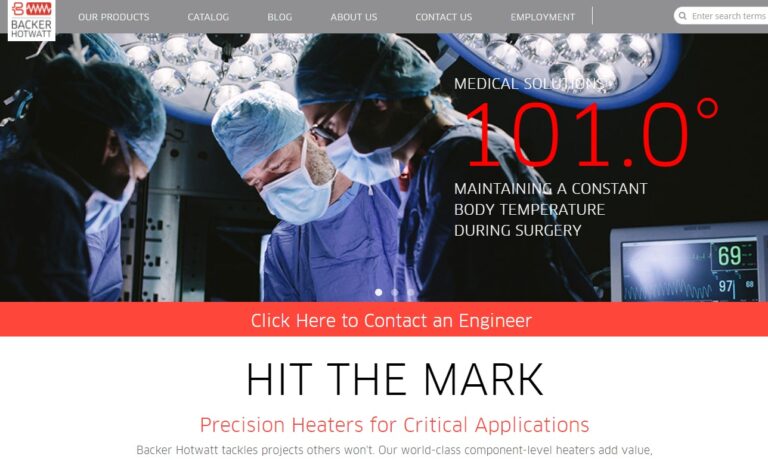
Ulanet™ has 78 years of engineering and manufacturing experience in the production of cartridge, hermetically sealed, miniature, capsule, industrial thermostats, thermal time delay relays, immersion heaters, and numerous other heating elements.
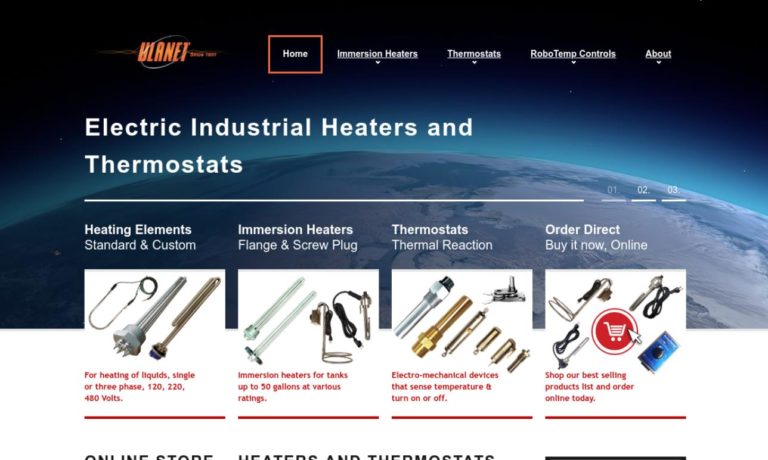
At Hi-Heat Industries, we understand that every industrial application is unique, and our commitment to customization sets us apart from the competition. Alongside our standard product offerings, we provide various customization options to tailor the heating elements precisely to the client's specifications. These options include temperature controls, bonding methods, and private labeling.
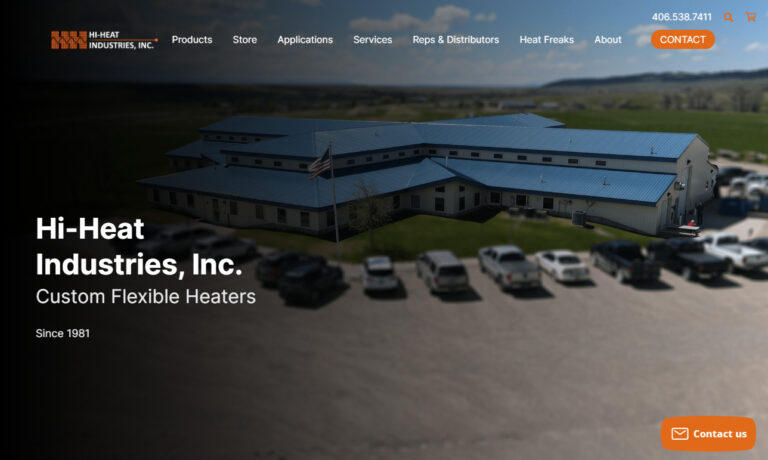
Thermo Heating Elements is the world-wide leader in manufacturing flexible heating elements of the highest quality. Our products include polymer thick film heaters, silicone heaters, tubular heaters, optically clear heaters, ultraflex heaters, mica heaters, kapton heaters, and pantograph heaters.
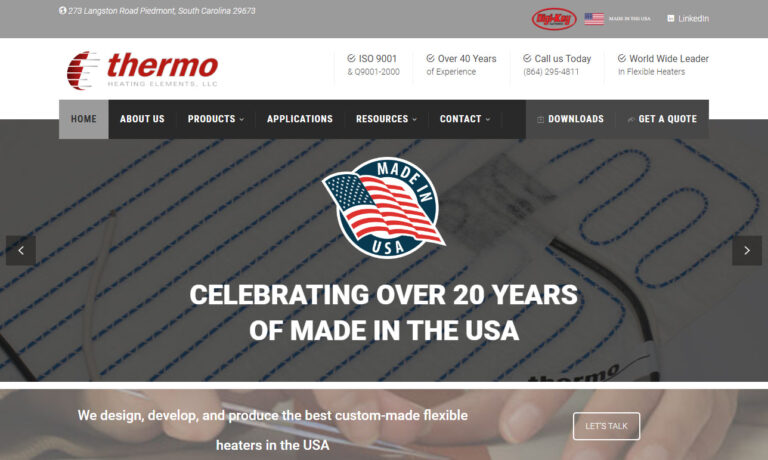
Dalton Electric Heating Co., founded in 1921, is a manufacturer of Watt-Flex high performance cartridge heaters. The unique split sheath design expands in a bore for maximized heat transfer. Dalton also manufactures replacement vacuum diffusion pump heaters for nearly all domestic and foreign pumps.
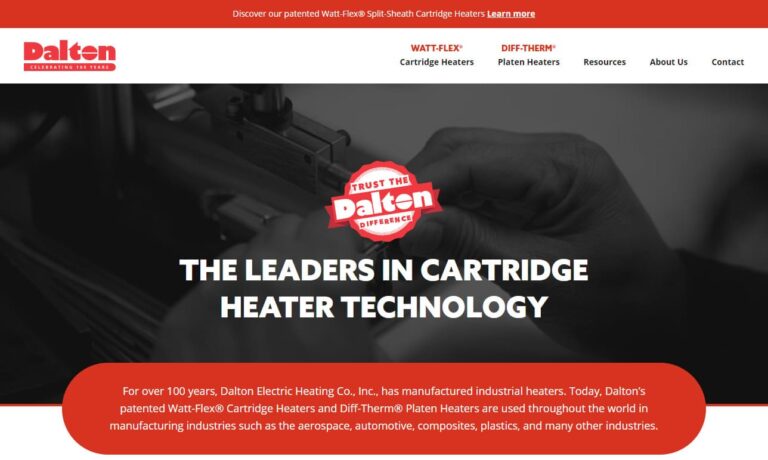
More Electric Heating Element Manufacturers
Because of the wide variety of electrically conductive materials in existence, and because of the versatile properties of many of those materials, electrical heating elements are available in a wide variety of compositions and configurations. This diversity has attracted the attention of professionals throughout industry and commerce. Today, electrical heating elements are among the most popular heating element varieties.
In industrial contexts, electric heating elements can be found in all kinds of drying and processing equipment. In commercial and institutional settings such as in laboratories and hospitals, electric heating elements can be found in heat sterilizing equipment. Many consumer products also involve the use of electric heating elements; just a few examples include dish washers, toasters, ovens and other small appliances. Each heating element is specially suited to its application.
Electric heating elements can be made from many different heat conducting materials, but they are most commonly made from metals. Some electric heating element varieties are capable of generating temperatures of up to 1,300°F. Depending on the design, an electric heating element can heat other objects through direct contact, through radiation or through convection; different methods are appropriate for different applications.
Electric heating elements are usually combined with housings, control systems or other complementary equipment, but some electric heating elements can feature nothing but a resistive coil and connection media for power input. Often an electric heating element will be combined with equipment that helps to distribute the heat it generates. For example, a standard hard-wired electric heater can have a central heating element that is combined with fans that force the hot air in order to increase the affected range of the heater.
Regardless of an electric heating element's size and heat generation capacity, care should be taken to ensure that the equipment has been correctly paired to its application. Not only will this improve the performance and effectiveness of the equipment, but it will reduce the risk of accidents like fires and short circuits that are caused by improper equipment use.
Additional Reading...
Benefits of PTC Heating Elements
An article published on www.air-n-water.com mentions, “At the heart of every heating appliance is a heating element.” The publication also states that no matter which type, size, or capacity if electric heater you are using, heating element will be the central part of it. The job of the element is to convert the electric energy into heat and warm up the area or space in which it is being used.
In an electric heater, the red-hotwiring or grille is the heating element. In some designs of heaters, such as blowers, the element is designed to stay hidden to avoid accidents. Usually, the product designers place the element inside a casing of metal or heavy-duty plastic.
There are different types of heating elements used for different purposes. PTC is one of the five main types of heating elements involved in the blueprint of a large number of industrial appliances. All the five types are –
Metal-based Elements
Polymer PTC Elements
Composite Elements
Combination Elements
Polymer PTC Heating Elements –
Polymer rubber is used for designing and manufacturing resistive heaters. PTC stands for Positive Temperature Coefficient and it is a very helpful material due to its reliable electrical resistance and self-regulating characteristics. The heaters with this mechanism can produce very high temperatures. They can also maintain the desired temperature to fuel up a range of industrial processes. The PTC rubber can be designed to meet exact and varying temperature applications.
The following sections underline some of the biggest benefits of PTC rubber –
Increased Safety – User safety is one of the greatest factors that a manufacturing business has to ensure at their plant. The PTC technology, in comparison to other heating technologies, is a more reliable and controlled operation. While other types of heating elements can produce temperatures over 1,000 degrees Fahrenheit, PTC elements limit themselves to just 500 degrees Fahrenheit. It is obvious the appliances that work on lower temperature are much safer than those that work on extreme temperature.
Also, the PTC plates do not generate temperature on their own. They cool down as soon as the source of electricity is pulled off. Meaning, these devices do not cause any risks associated with excess heating.
Better Durability – Heaters with PTC elements have an enduring life. Many other types of heaters experience a decrease in their span, once you start using them to their maximum limit. That certainly is not true with PTC heaters. PTC elements can be programmed to achieve the desired temperature; they do not cross that limit. These heaters generate heat, once the programmed temperature is achieved; the polymer plate maintains that temperature. And that is why these heaters have better resilience and longer stability.
Cost Control – Another benefit of PTC elements is they help save you plenty on your operating cost. Since they are more durable and safer than other types of elements, they help you control unnecessary expenditures on repair, replacements and maintenance routines. Additionally, they do not keep consuming the electricity. That is also a cost saving.

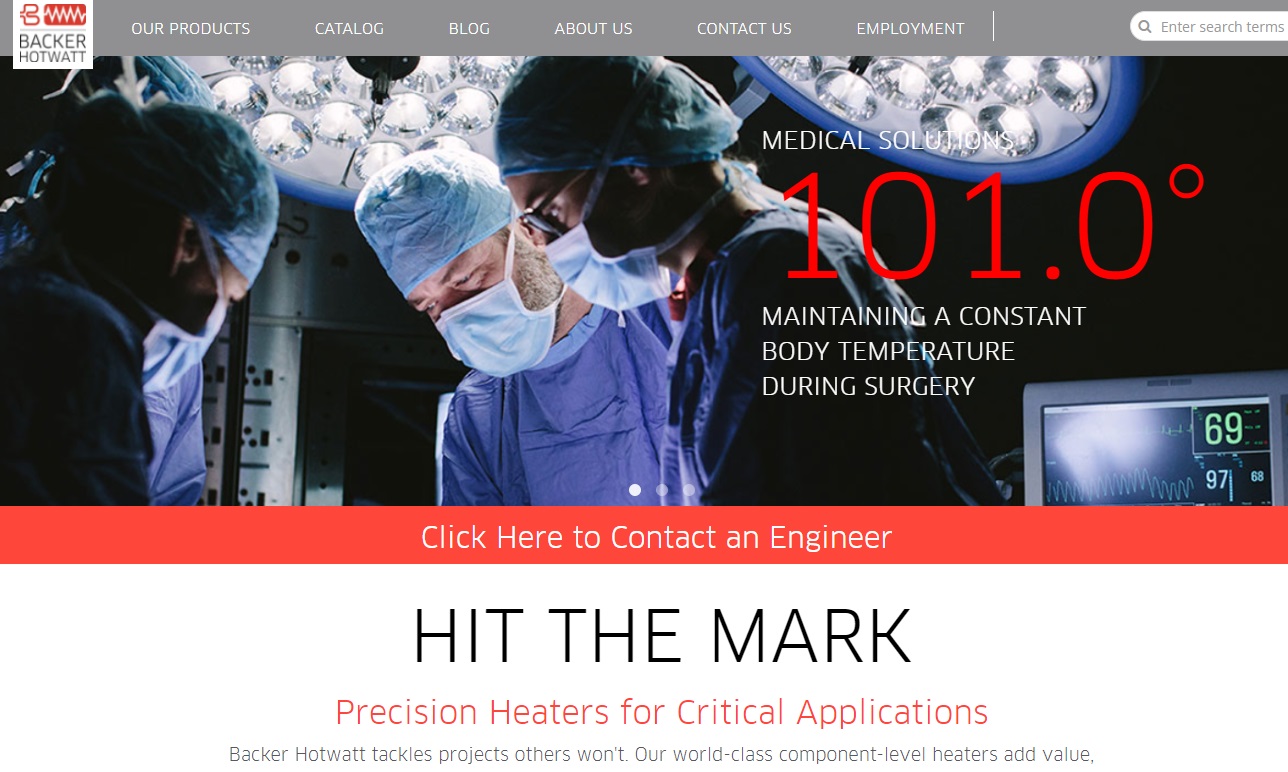
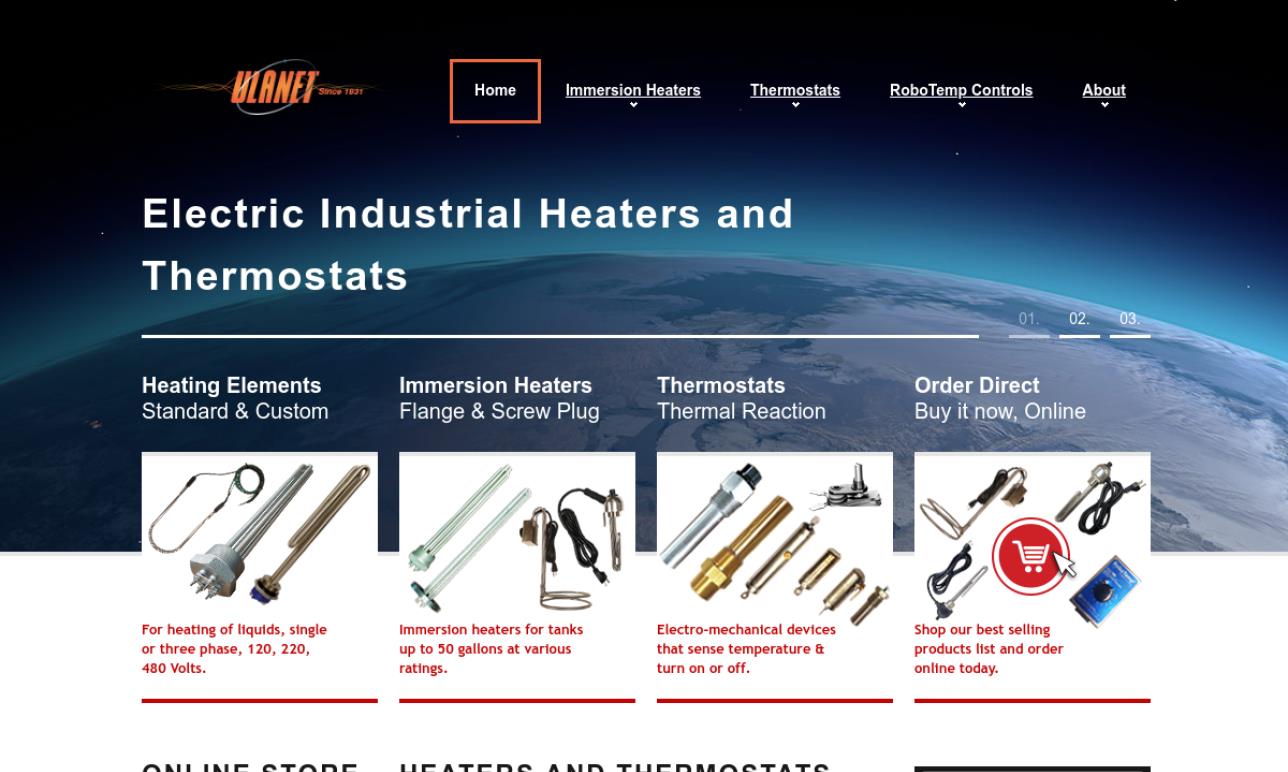
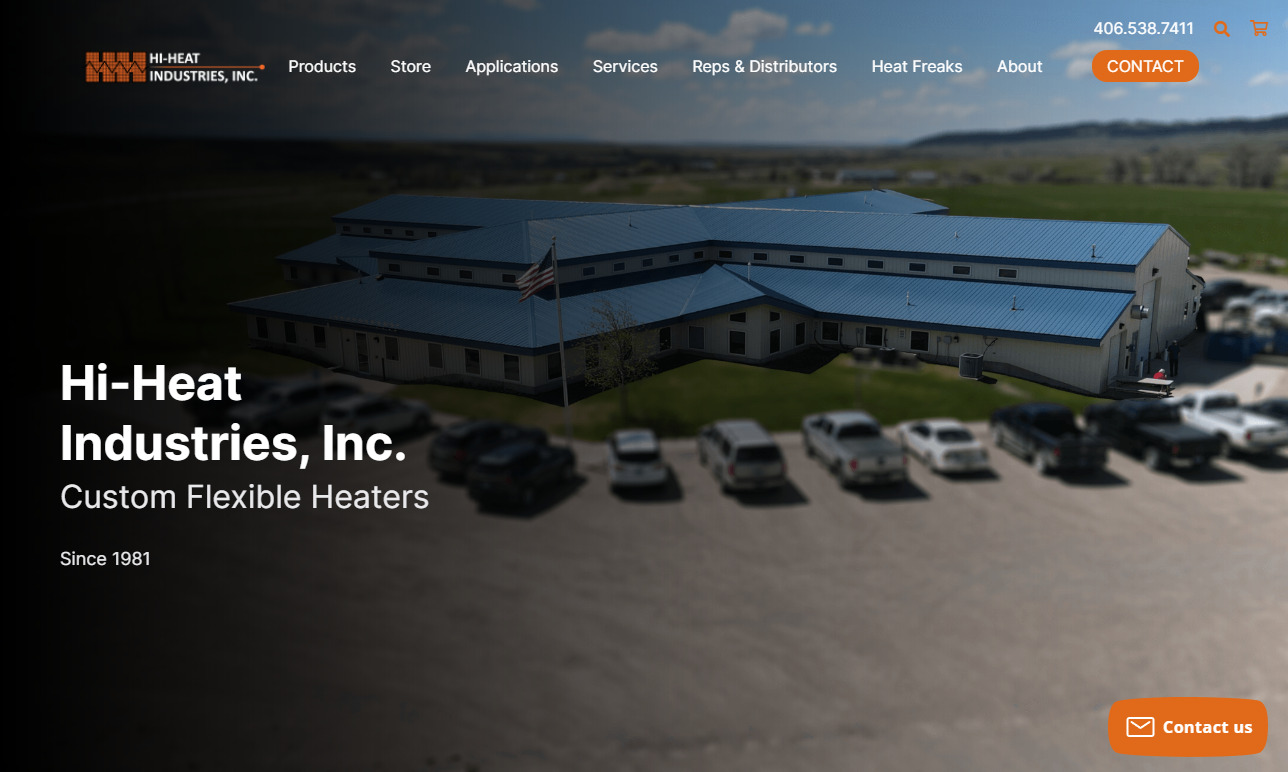
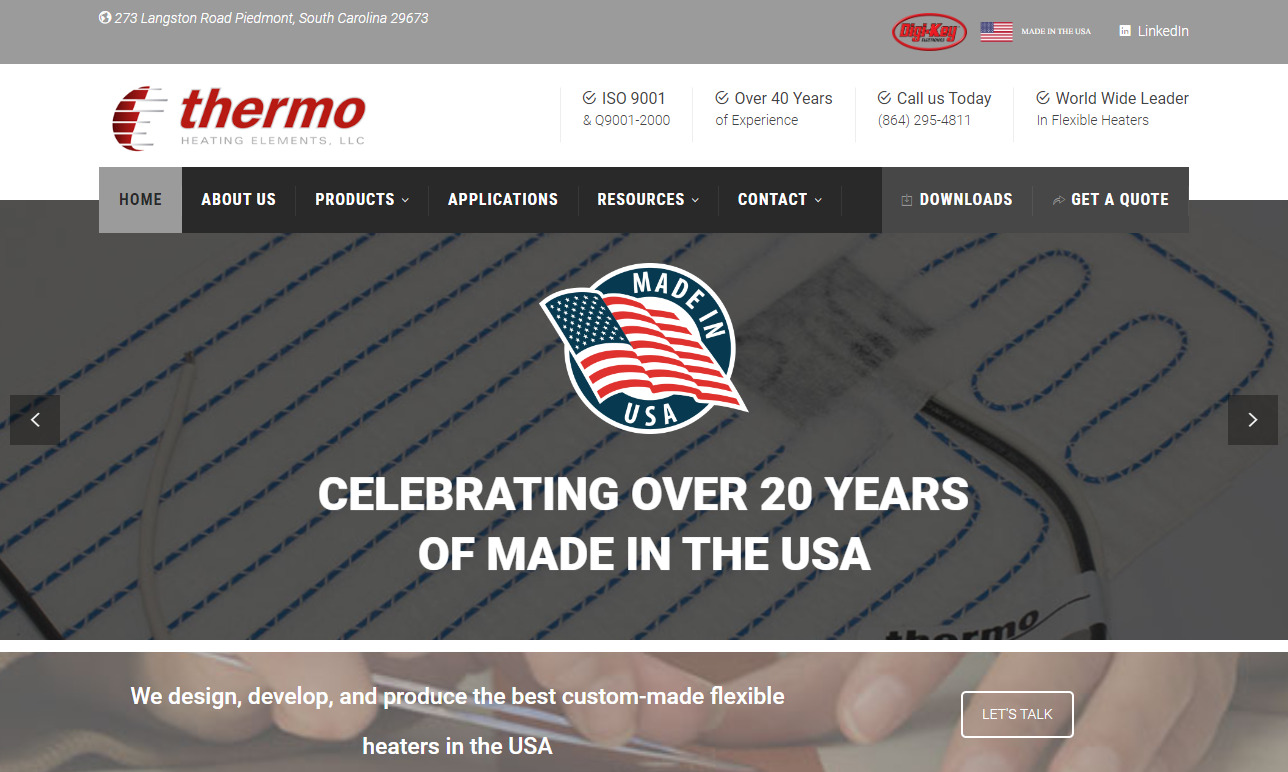
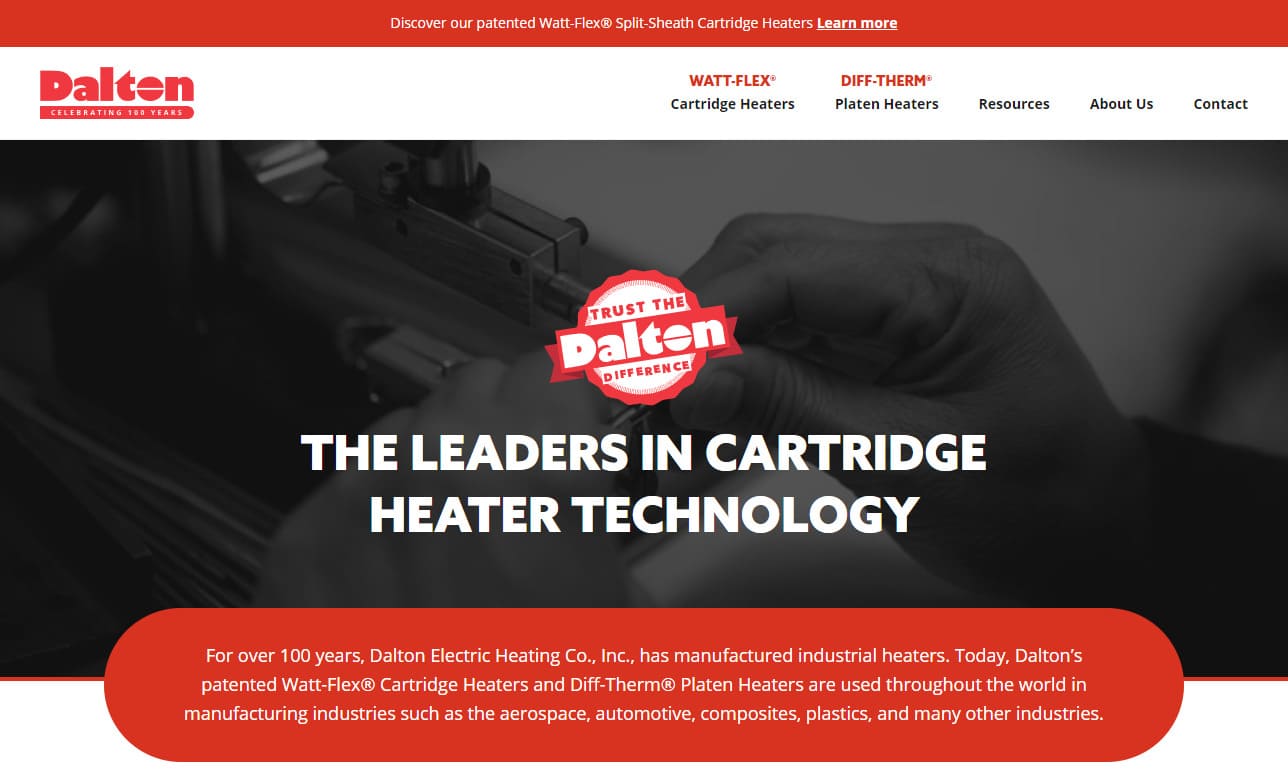
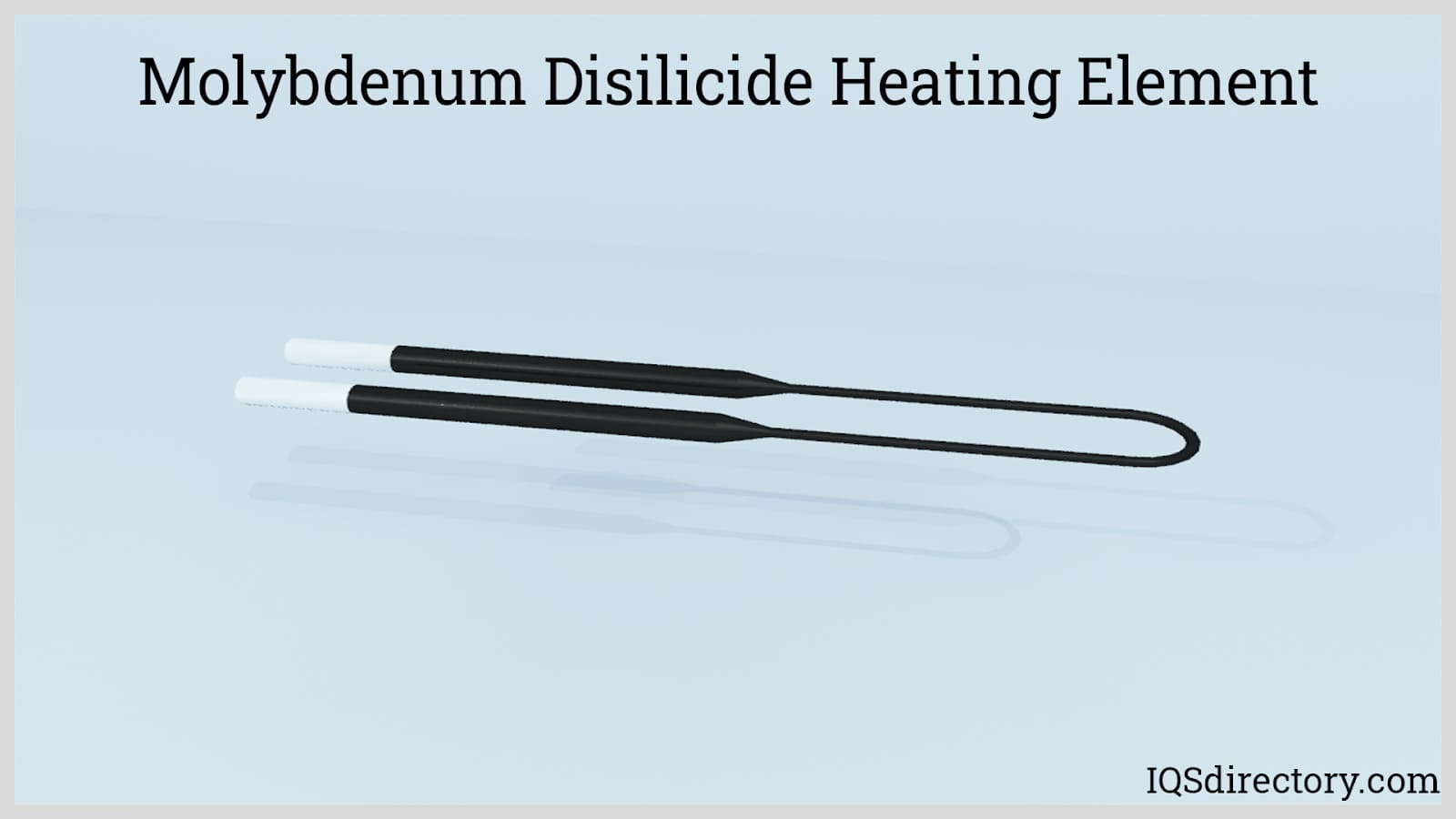
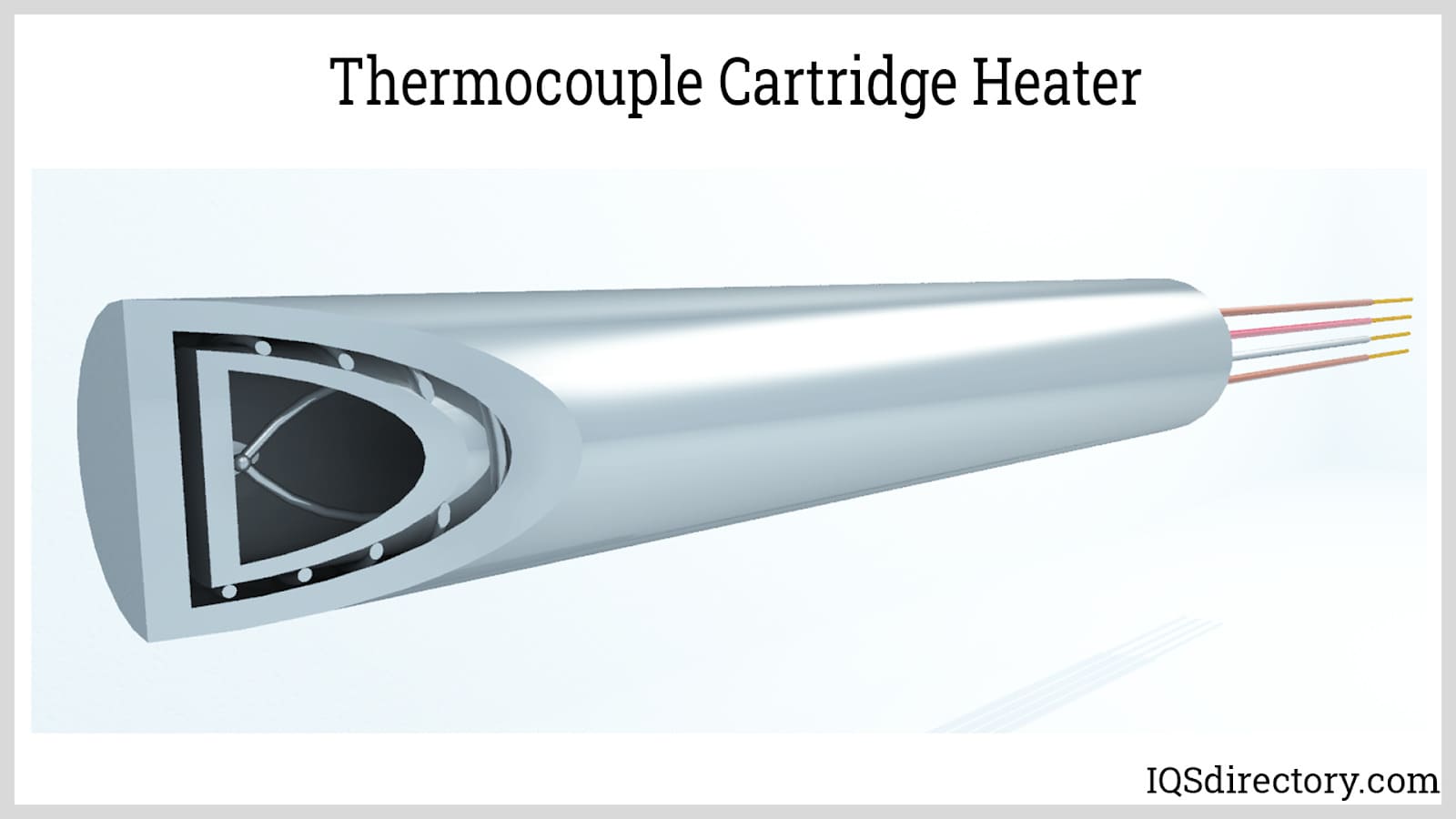
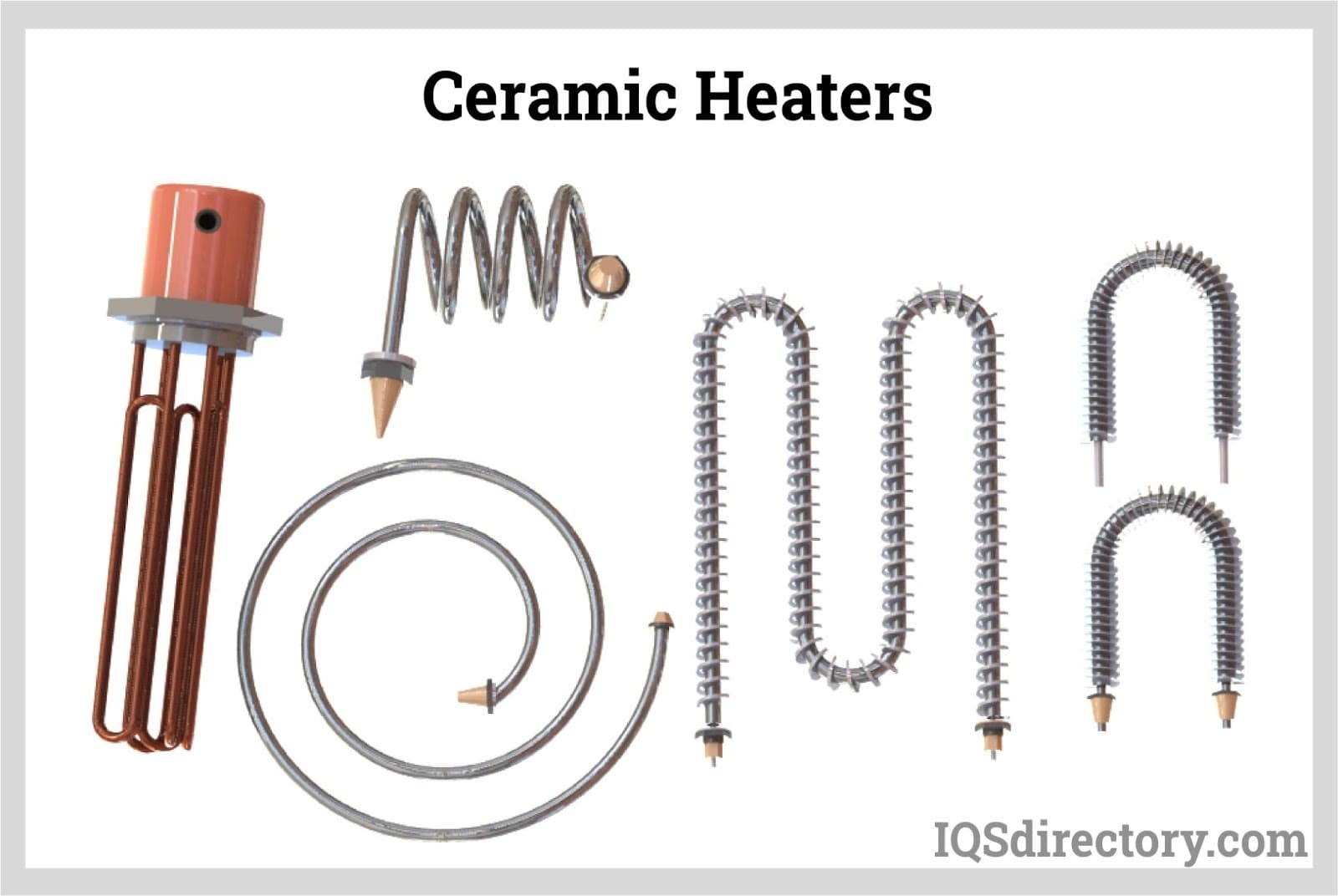
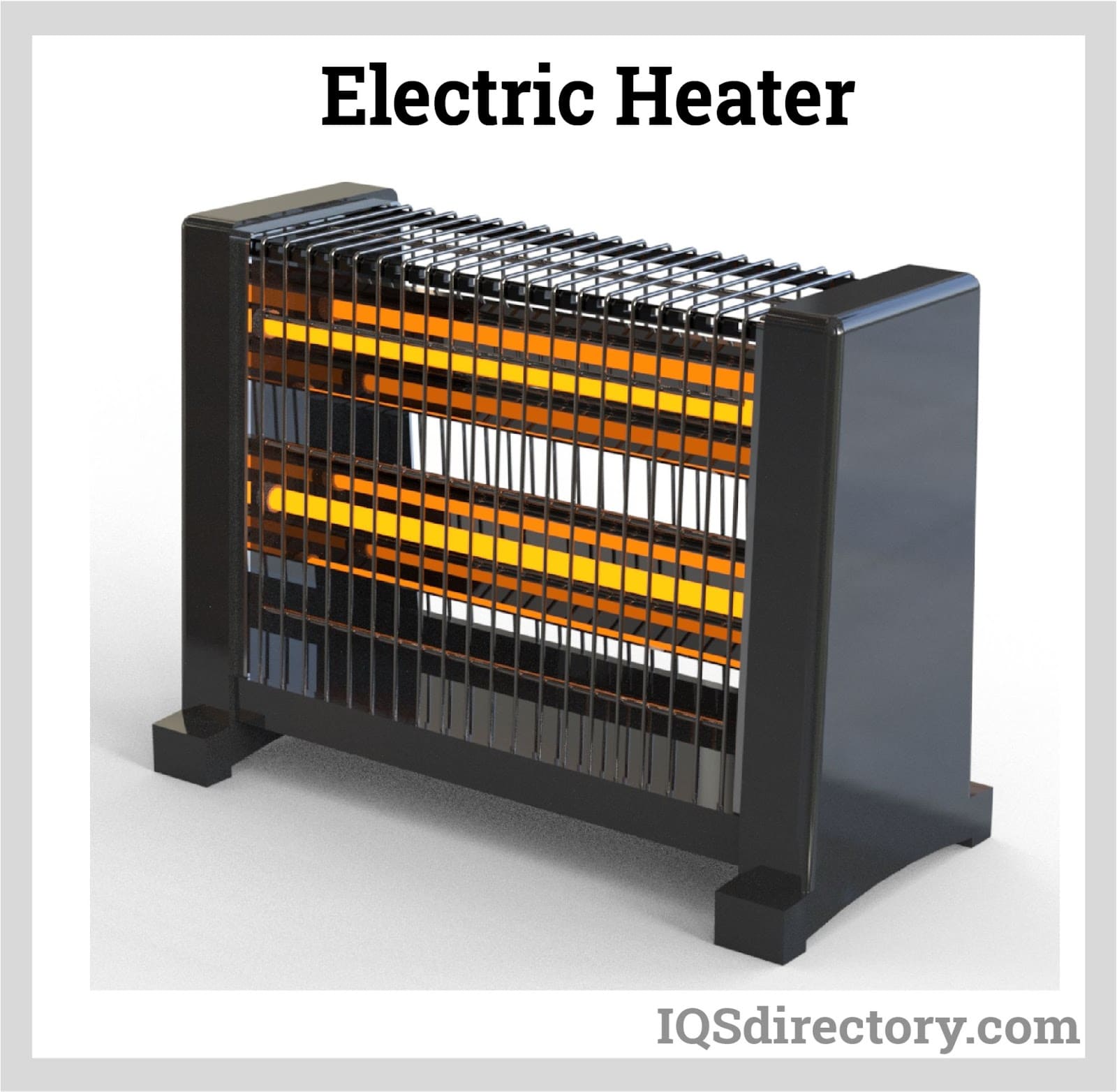
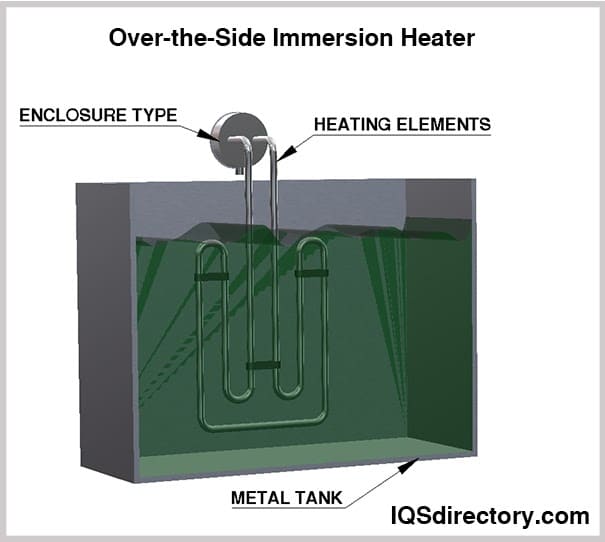
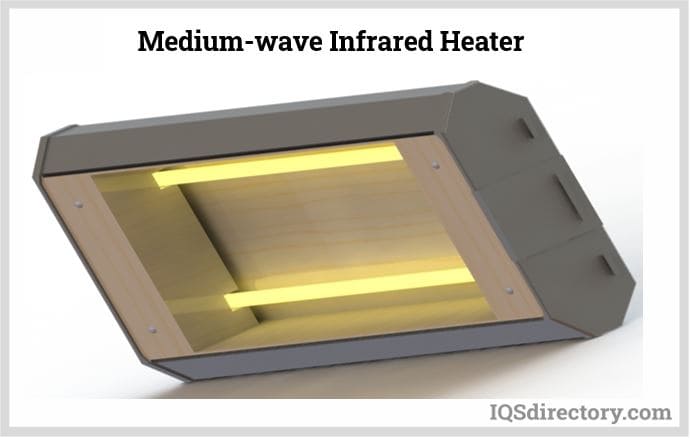
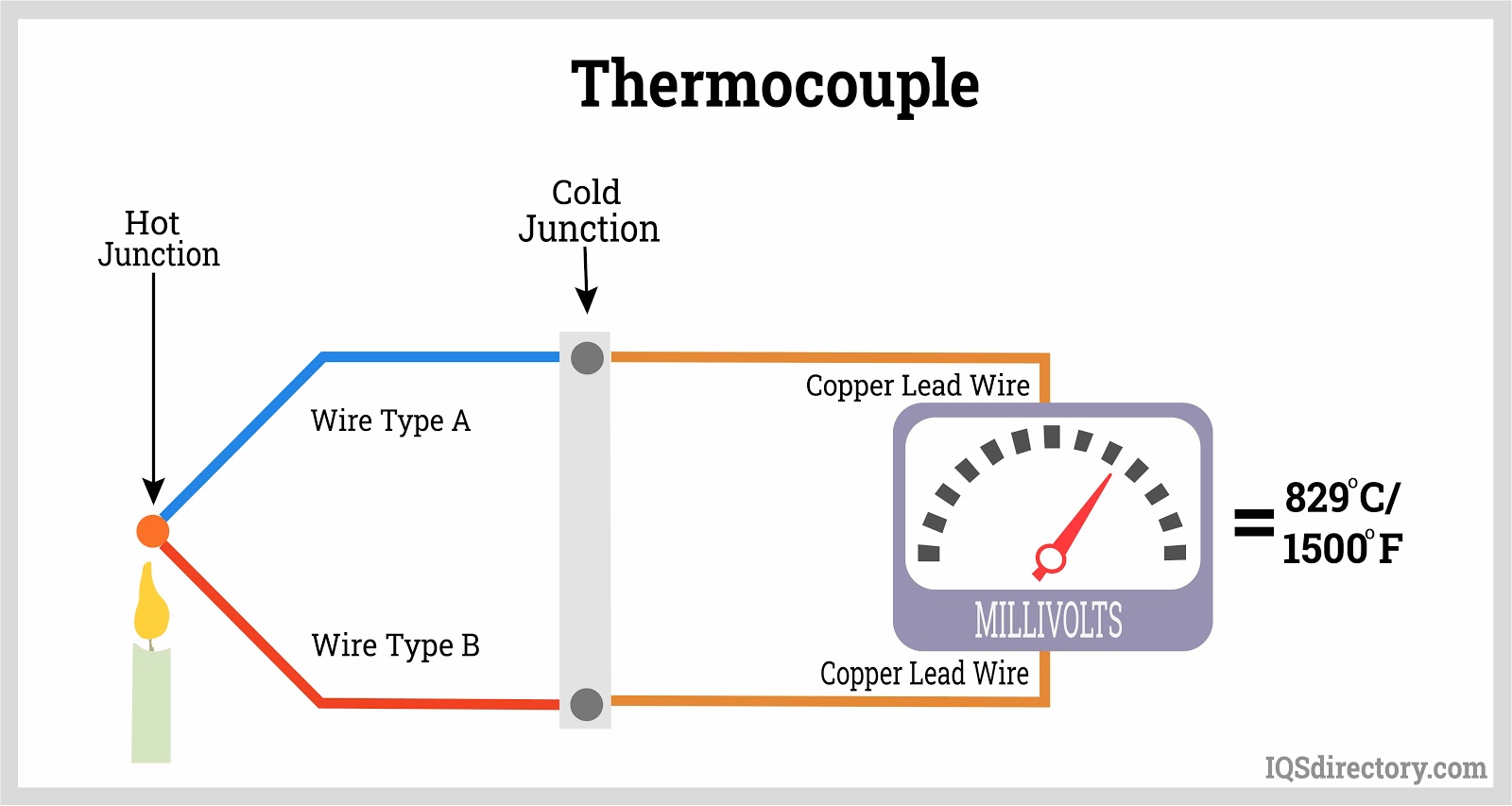
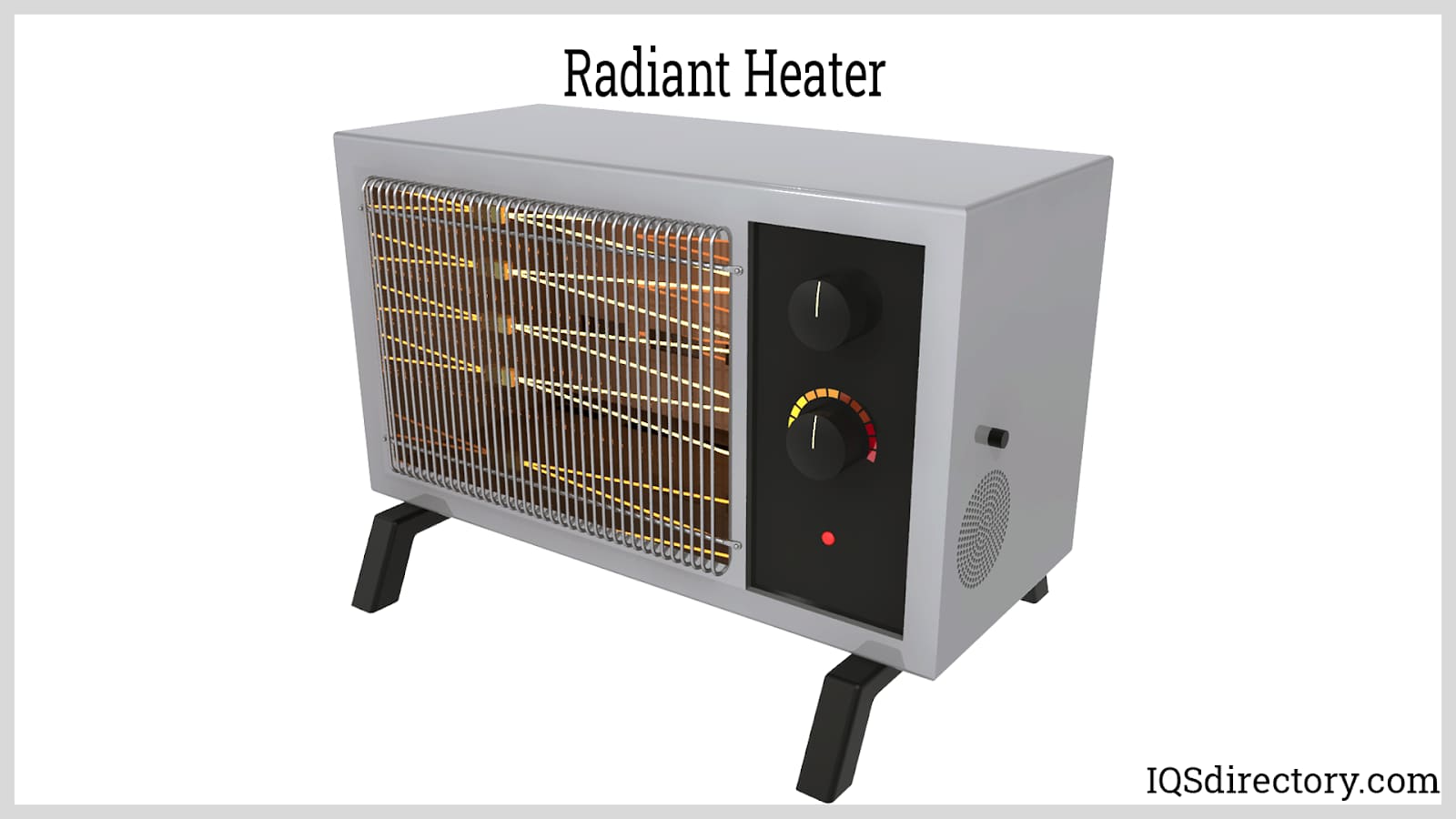
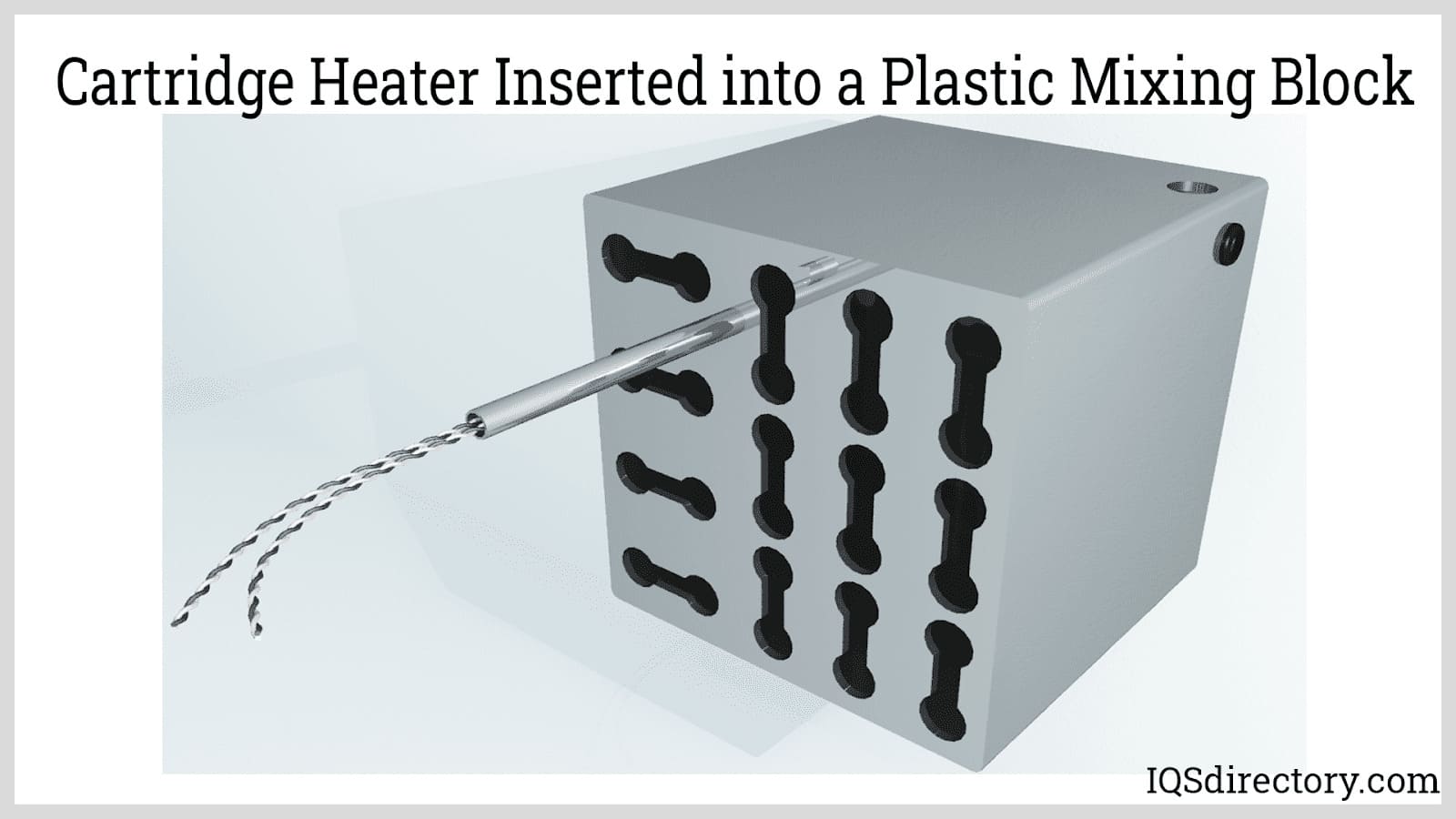
 Cartridge Heaters
Cartridge Heaters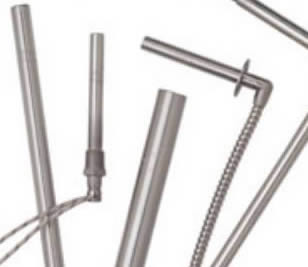 Electric Heaters
Electric Heaters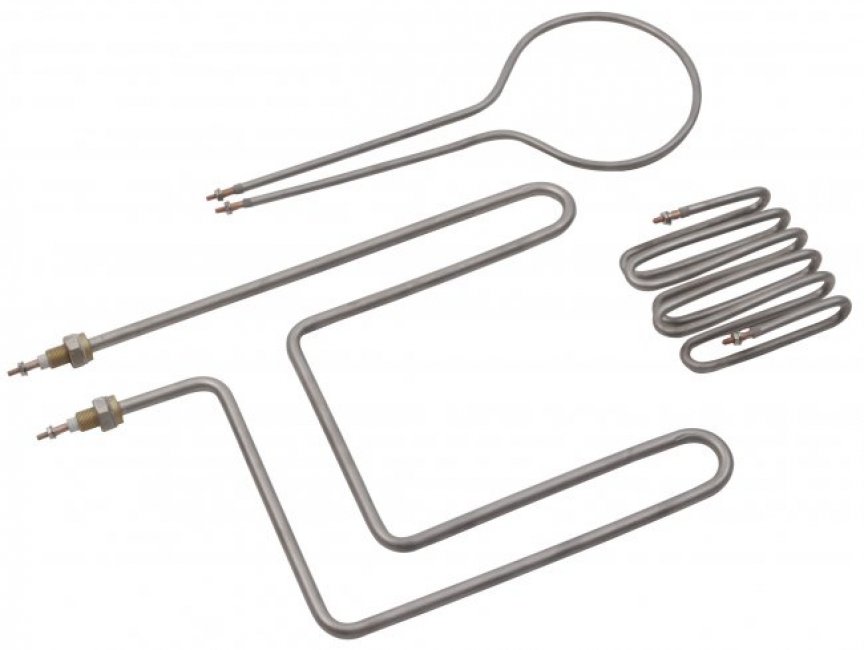 Heating Elements
Heating Elements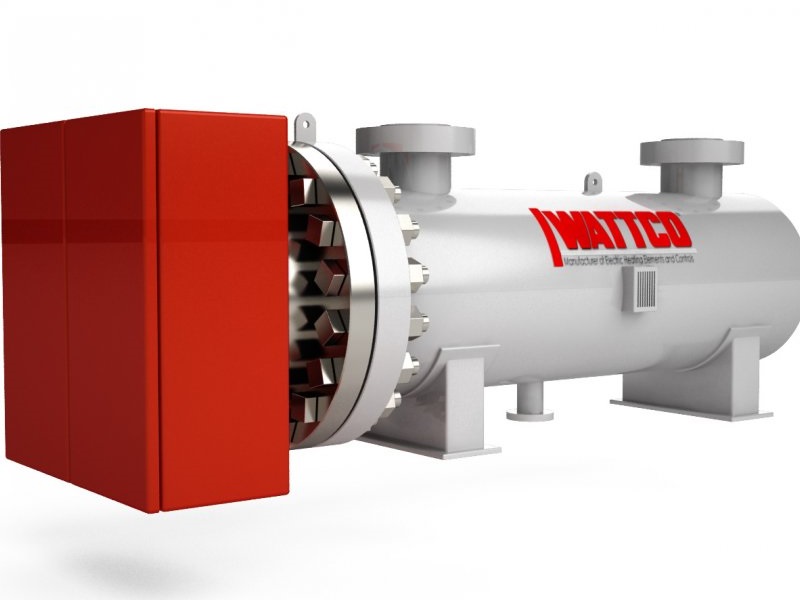 Immersion Heaters
Immersion Heaters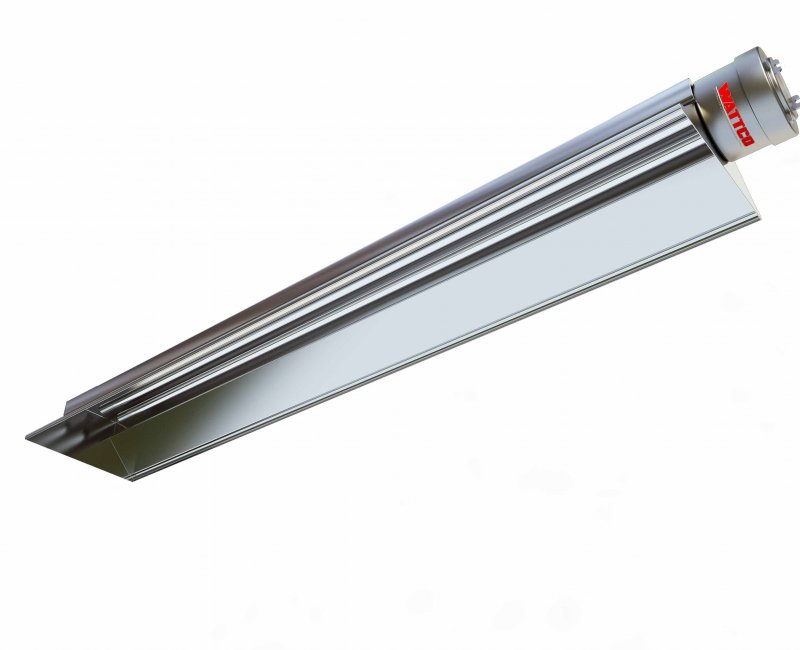 Infrared Heaters
Infrared Heaters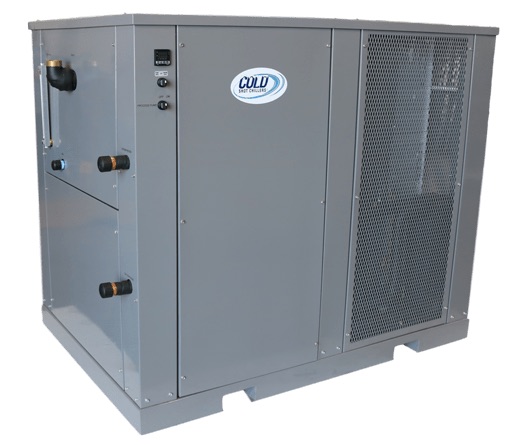 Air Conditioners
Air Conditioners Castings & Forgings
Castings & Forgings Bulk Material Handling
Bulk Material Handling Electrical & Electronic Components
Electrical & Electronic Components Flow Instrumentation
Flow Instrumentation Hardware
Hardware Material Handling Equipment
Material Handling Equipment Metal Cutting Services
Metal Cutting Services Metal Forming Services
Metal Forming Services Metal Suppliers
Metal Suppliers Motion Control Products
Motion Control Products Plant & Facility Equipment
Plant & Facility Equipment Plant & Facility Supplies
Plant & Facility Supplies Plastic Molding Processes
Plastic Molding Processes Pumps & Valves
Pumps & Valves Recycling Equipment
Recycling Equipment Rubber Products & Services
Rubber Products & Services